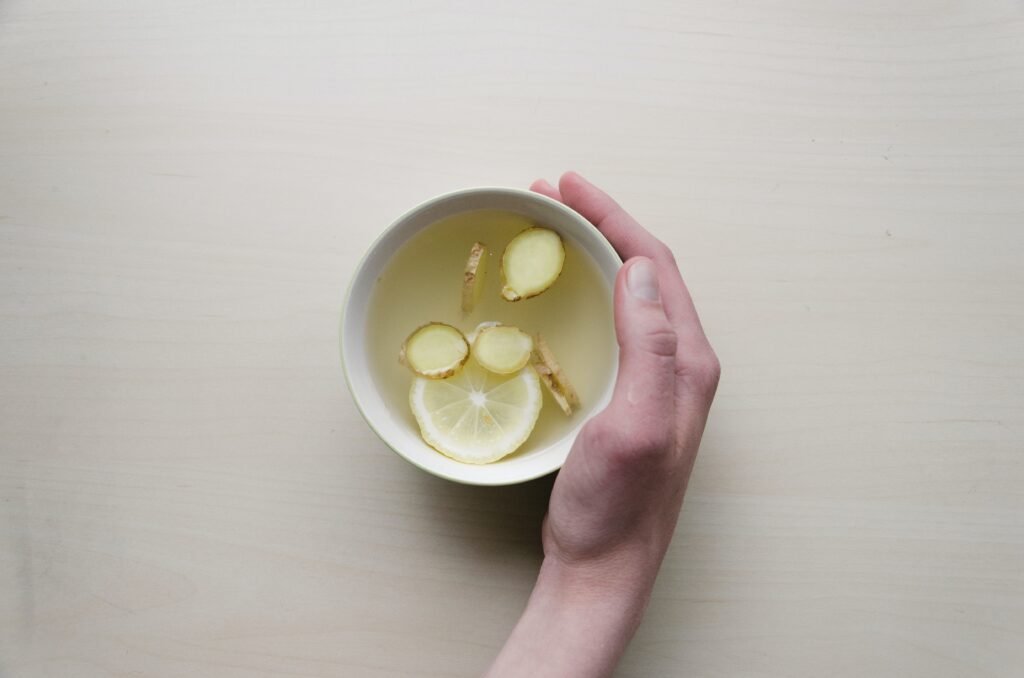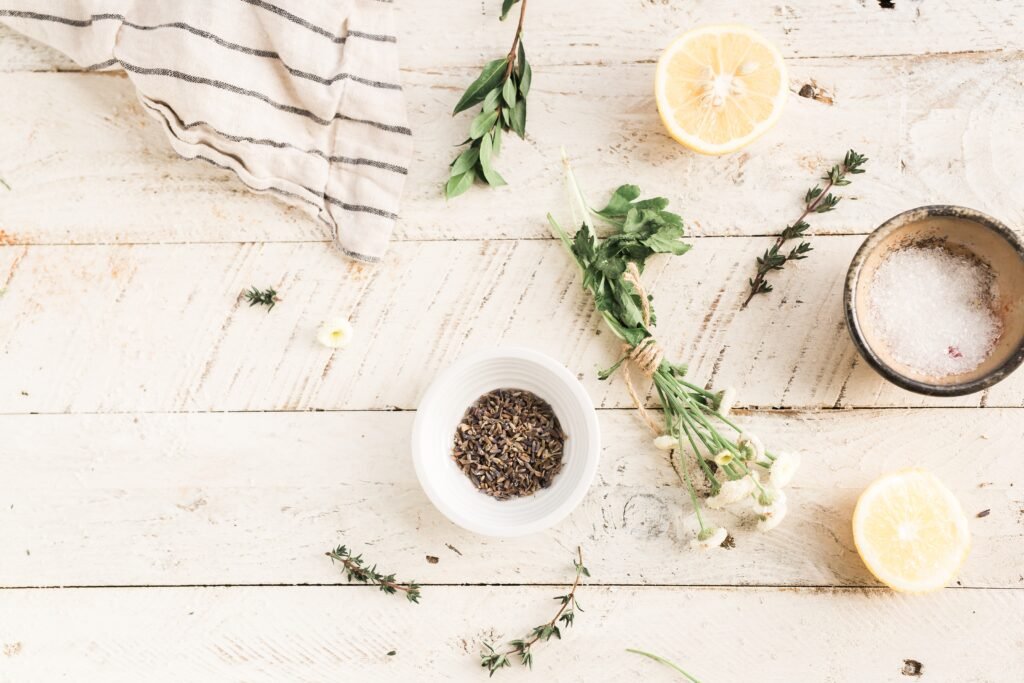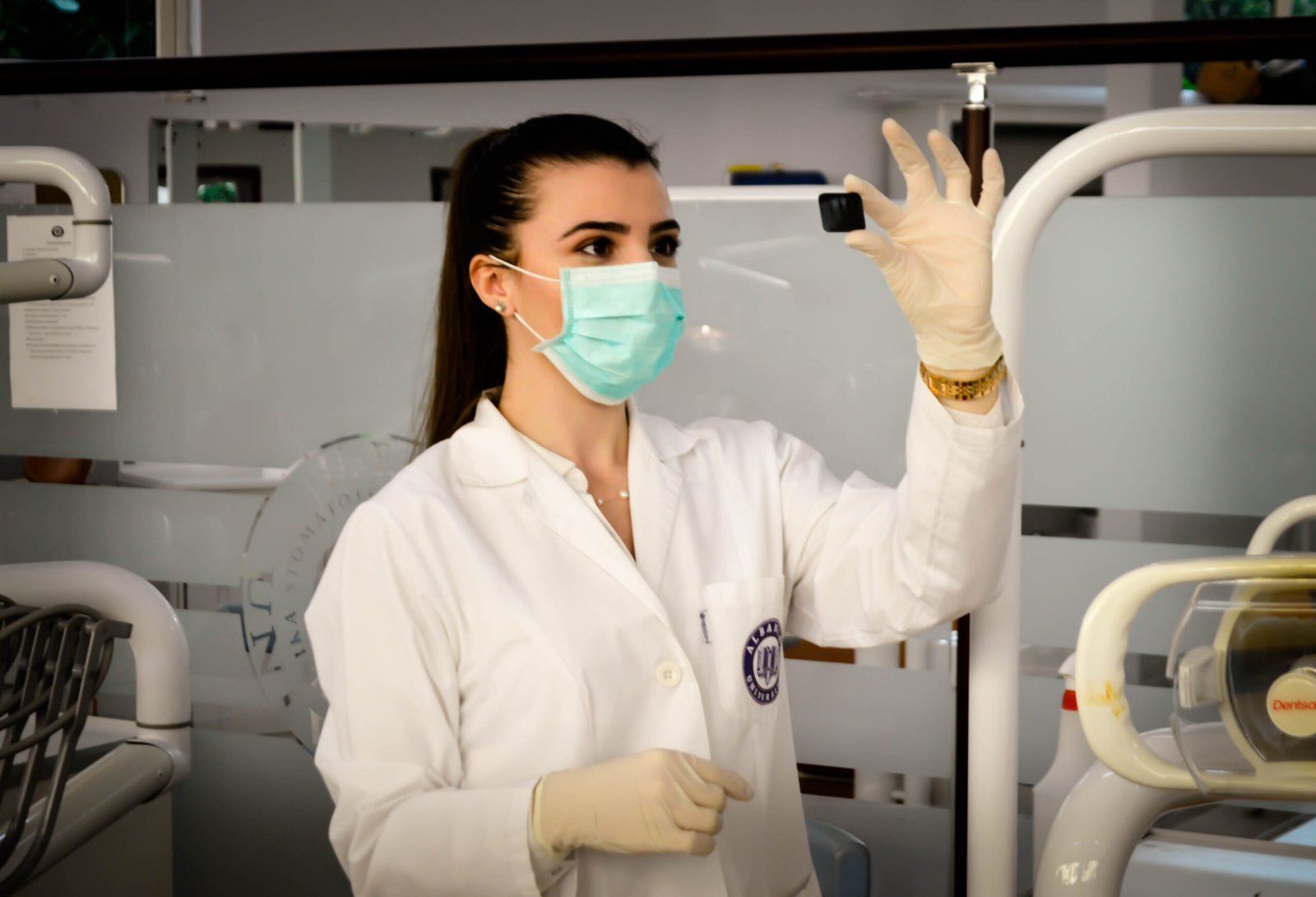Are you one of the many individuals who have experienced the excruciating pain of kidney stones? If so, you may be intrigued to learn about the connection between oxalate sensitivity and kidney stone prevention. In this article, we will explore the role that oxalate, a naturally occurring substance in many foods, plays in the formation of kidney stones. By understanding this connection, you can make informed dietary choices and take proactive steps towards preventing future episodes of kidney stones. So, let’s dive into the world of oxalate sensitivity and kidney stone prevention!

This image is property of images.unsplash.com.
Understanding Oxalates
What Are Oxalates?
Oxalates, also known as oxalic acid, are naturally occurring compounds found in many plants and foods. They are one of the primary components of kidney stones, which are hard mineral and salt deposits that form in the kidneys or urinary tract.
Sources of Oxalates
Oxalates can be found in a wide variety of foods, both plant-based and animal-based. Some of the common sources of oxalates include spinach, rhubarb, beets, nuts, chocolate, tea, and certain types of berries. Additionally, your body also produces oxalates as a byproduct of normal metabolism.
How Oxalates Affect the Body
In small amounts, oxalates are generally not harmful and are excreted through the urine. However, for individuals who are sensitive to oxalates or have certain risk factors, high levels of oxalates can lead to the formation of kidney stones. Oxalates have a tendency to bind with calcium in the urine, resulting in the formation of calcium oxalate crystals, which can clump together and form stones.
Factors Contributing to Kidney Stone Formation
Genetic Predisposition
Genetics play a role in kidney stone formation, as some individuals may inherit a higher risk of developing kidney stones. If you have a family history of kidney stones, you may be more prone to oxalate sensitivity and stone formation.
Dietary Factors
Dietary factors significantly contribute to kidney stone formation. Consuming foods high in oxalates, especially when combined with other risk factors, can increase the likelihood of stone formation. Additionally, diets low in calcium and high in sodium and animal protein can also increase the risk.
Dehydration
Dehydration is a common risk factor for kidney stone formation. When the body does not have enough fluid, the urine becomes more concentrated, allowing the formation of crystals. It is important to maintain proper hydration by drinking an adequate amount of water throughout the day.
Certain Medical Conditions
Certain medical conditions can predispose individuals to developing kidney stones. These include conditions such as hyperparathyroidism, renal tubular acidosis, and cystic kidney diseases. If you have any underlying medical conditions, it is important to work with your healthcare provider to manage your risk of kidney stone formation.
Medications
Some medications can increase the risk of kidney stone formation by affecting the balance of minerals and fluids in the body. These may include diuretics, calcium-based antacids, and certain antibiotics. If you are taking any medications and are concerned about their potential impact on kidney stone formation, speak to your healthcare provider.
Identifying Oxalate Sensitivity
Symptoms of Oxalate Sensitivity
Oxalate sensitivity can manifest in various ways, and the symptoms may vary from person to person. Some common symptoms include recurrent kidney stones, pain in the lower back or sides, blood in the urine, and frequent urination. Additionally, oxalate sensitivity can also lead to gastrointestinal symptoms such as abdominal pain, bloating, and diarrhea.
Testing for Oxalate Sensitivity
If you suspect that you may have oxalate sensitivity, it is important to undergo proper testing to confirm the diagnosis. Testing usually involves analyzing your urine sample for the presence and concentration of oxalate crystals. Additionally, your healthcare provider may also conduct blood tests to assess kidney function and look for any underlying medical conditions.
Kidney Stone Types
Calcium Oxalate Stones
Calcium oxalate stones are the most common type of kidney stones. They form when calcium and oxalate bind together in the urine, creating crystals that can grow and accumulate in the kidneys or urinary tract. Calcium oxalate stones can vary in size and shape and may cause significant pain and discomfort.
Uric Acid Stones
Uric acid stones form when the urine is too acidic, leading to the precipitation of uric acid crystals. Individuals with gout or who have a diet high in purines (found in certain types of meat and seafood) are more prone to developing uric acid stones.
Struvite Stones
Struvite stones, also known as infection stones, form as a result of urinary tract infections caused by certain bacteria. These stones can grow rapidly and may require medical intervention for removal.
Cystine Stones
Cystine stones are rare and are caused by a genetic disorder called cystinuria. Individuals with cystinuria have difficulties reabsorbing the amino acid cystine in their kidneys, leading to the formation of cystine stones.

This image is property of images.unsplash.com.
Preventing Kidney Stones
Maintaining Hydration
Proper hydration is essential in preventing kidney stones. It is recommended to drink at least 8-10 cups of fluid per day, with water being the best choice. Staying hydrated helps dilute the urine and prevents the accumulation of minerals that can lead to stone formation.
Dietary Modifications
Making dietary modifications can significantly reduce the risk of kidney stones. It is important to maintain a balanced diet that includes adequate amounts of fruits, vegetables, whole grains, and lean proteins. Avoiding high-oxalate foods and reducing the intake of sodium and animal protein can also be beneficial.
Reducing Oxalate Intake
Limiting the intake of high-oxalate foods can help reduce the risk of stone formation for individuals who are sensitive to oxalates. Some foods high in oxalates include spinach, rhubarb, beets, nuts, and chocolate. However, it is important to note that not all high-oxalate foods need to be completely avoided, as the overall diet composition and other risk factors also play a role.
Monitoring Calcium Intake
Contrary to popular belief, it is important to maintain an adequate intake of dietary calcium to prevent kidney stones. Calcium can help bind with oxalates in the intestines, preventing their absorption into the bloodstream and reducing the likelihood of stone formation in the kidneys.
Limiting Sodium Intake
High levels of sodium intake can increase the excretion of calcium in the urine, which may promote stone formation. It is advisable to limit sodium intake by avoiding processed foods, using minimal salt in cooking, and choosing fresh, whole foods whenever possible.
Medication Options
In some cases, medication may be prescribed to prevent kidney stone formation. Common medications used include thiazide diuretics, which decrease the excretion of calcium in the urine, and potassium citrate, which can help alkalize the urine and prevent stone formation.
Low Oxalate Diet
Foods to Limit or Avoid
When following a low oxalate diet, it is important to limit or avoid certain high-oxalate foods. These include spinach, rhubarb, beets, nuts, chocolate, tea, and certain types of berries. However, it is essential to work with a healthcare professional or registered dietitian to ensure that the diet remains balanced and provides adequate nutrition.
Foods Low in Oxalates
There are still plenty of foods that are low in oxalates and can be included in a low oxalate diet. Some examples include apples, pears, cauliflower, cabbage, onions, chicken, fish, and grains such as rice and oats.
Tips for Meal Planning
When planning meals on a low oxalate diet, it is important to focus on variety and balance. Include a mix of fruits, vegetables, whole grains, and lean proteins in each meal. It can also be helpful to cook foods to reduce their oxalate content and to spread oxalate intake evenly throughout the day.

This image is property of images.unsplash.com.
Calcium and Kidney Stone Prevention
Calcium’s Role in Stone Formation
Calcium plays a complex role in kidney stone formation. While excessive calcium intake can increase the risk of stone formation, inadequate calcium intake can also have the same effect. Calcium helps bind with oxalates in the intestines, preventing their absorption into the bloodstream and reducing their presence in the kidneys.
The Importance of Dietary Calcium
Maintaining an adequate intake of dietary calcium is essential for kidney stone prevention. It is recommended to consume calcium-rich foods such as low-fat dairy products, leafy greens, and fortified foods. It is important to note that calcium supplements may not offer the same protective effect as dietary calcium, and excessive supplement intake should be avoided.
Calcium Supplements and Kidney Stones
While dietary calcium can be beneficial for kidney stone prevention, calcium supplements may not have the same effect. High-dose calcium supplementation, especially in the absence of dietary calcium, can increase the risk of stone formation. If calcium supplements are prescribed, it is important to follow the recommended dosage under the guidance of a healthcare professional.
Other Dietary Considerations
Sodium Intake
In addition to its effect on calcium excretion, high sodium intake can also increase the risk of kidney stone formation by altering urinary pH levels. It is important to limit sodium intake by avoiding processed foods and choosing fresh, whole foods whenever possible.
Protein Intake
A high intake of animal protein, especially from red meat and seafood, can increase the excretion of calcium and other substances in the urine, leading to stone formation. It is advisable to consume moderate amounts of protein from a variety of sources, including plant-based proteins.
Vitamin C Intake
While vitamin C is essential for overall health, excessive intake of vitamin C supplements can lead to increased oxalate production in the body. It is advisable to obtain vitamin C from natural food sources such as fruits and vegetables rather than relying solely on supplements.
Lifestyle Modifications
Hydration Practices
Proper hydration is crucial in preventing kidney stone formation. It is recommended to drink plenty of water throughout the day and maintain a pale yellow urine color as an indicator of adequate hydration. It is also important to avoid excessive intake of beverages that can promote stone formation, such as sugary drinks and alcohol.
Exercise and Physical Activity
Regular exercise and physical activity have been shown to contribute to kidney stone prevention. Physical activity helps improve overall health, including kidney function, and can aid in maintaining a healthy weight. However, it is important to consult with a healthcare professional before starting any new exercise program, especially for individuals with a history of kidney stones.
Stress Management
Chronic stress has been linked to an increased risk of kidney stone formation. Engaging in stress-reducing activities such as yoga, meditation, or hobbies can help promote overall well-being and potentially reduce the risk of stone formation. It is important to find healthy ways to manage stress and prioritize self-care.
Medical Treatments
Medications for Oxalate Specific Prevention
In some cases, medications may be prescribed specifically for oxalate stone prevention. These medications work by reducing the production of oxalate in the body or by binding to oxalates in the intestinal tract to prevent their absorption. Common medications used for this purpose include potassium citrate and calcium citrate.
Surgical Interventions
In certain situations, surgical interventions may be necessary to treat kidney stones. This may include procedures such as ureteroscopy or percutaneous nephrolithotomy, which involve the use of small instruments to remove or break up stones. The choice of surgical intervention depends on the size and location of the stones, as well as other factors specific to each individual.
Shock Wave Lithotripsy
Shock wave lithotripsy is a non-invasive procedure that uses shock waves to break up kidney stones into smaller pieces, making them easier to pass through the urinary system. This procedure is commonly used for the treatment of smaller stones and is generally well-tolerated.
Ureteroscopy
Ureteroscopy is a minimally invasive procedure that involves passing a thin tube through the urethra and bladder to reach the stones in the ureters or kidneys. The stones can then be removed or broken up using specialized instruments. Ureteroscopy is often used for the treatment of larger stones or stones that are causing significant symptoms.
In conclusion, understanding oxalates and their effects on the body is crucial in preventing kidney stone formation. Factors such as genetic predisposition, dietary choices, dehydration, certain medical conditions, and medications can all contribute to the development of kidney stones. Identifying oxalate sensitivity through symptoms and proper testing is essential for tailored prevention measures. Preventing kidney stones involves maintaining hydration, making dietary modifications, reducing oxalate intake, monitoring calcium and sodium intake, considering medication options, and adopting lifestyle modifications. Following a low oxalate diet, focusing on calcium intake, and considering other dietary considerations are important in kidney stone prevention. Additionally, maintaining an active lifestyle, managing stress, and considering medical treatments when necessary play a role in preventing kidney stones. It is important to work closely with a healthcare professional to develop a personalized prevention plan to reduce the risk of kidney stone formation.

